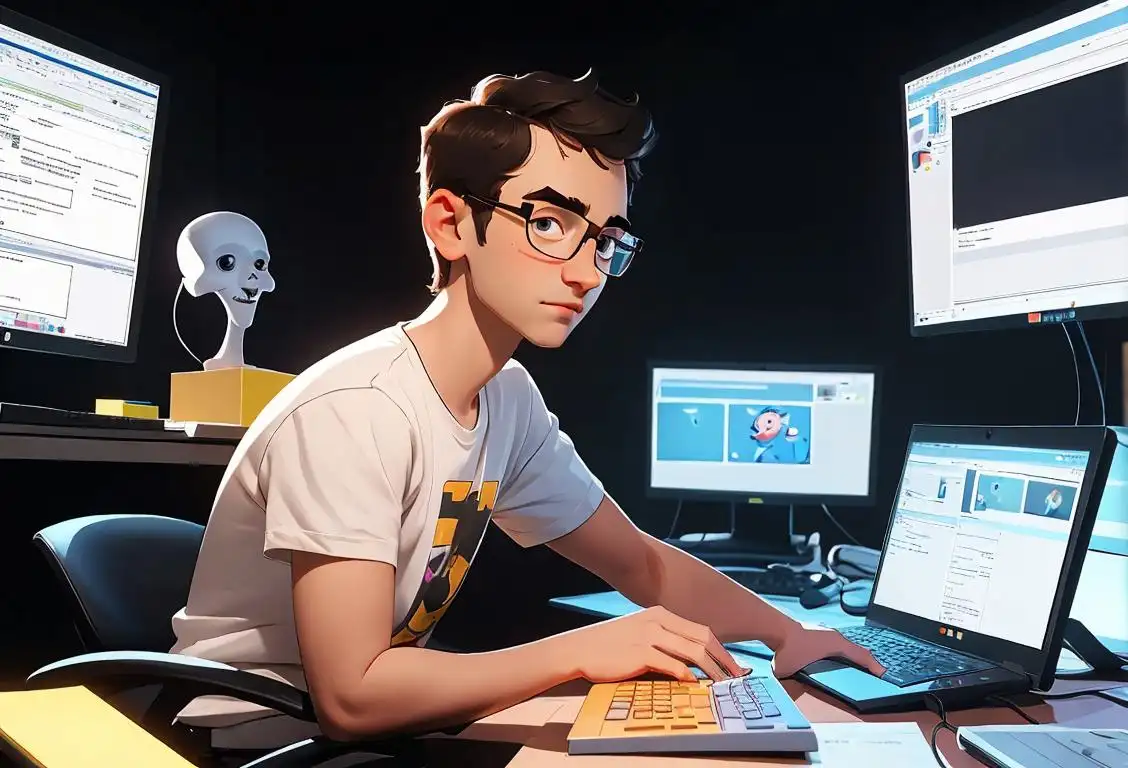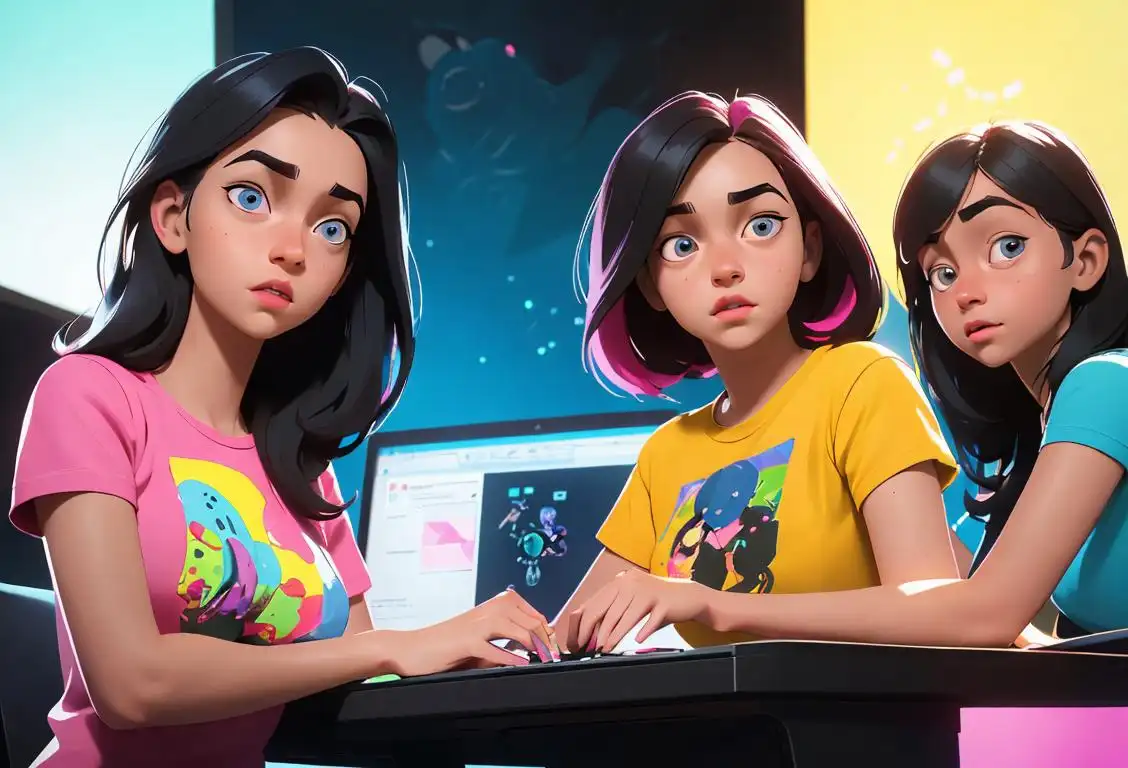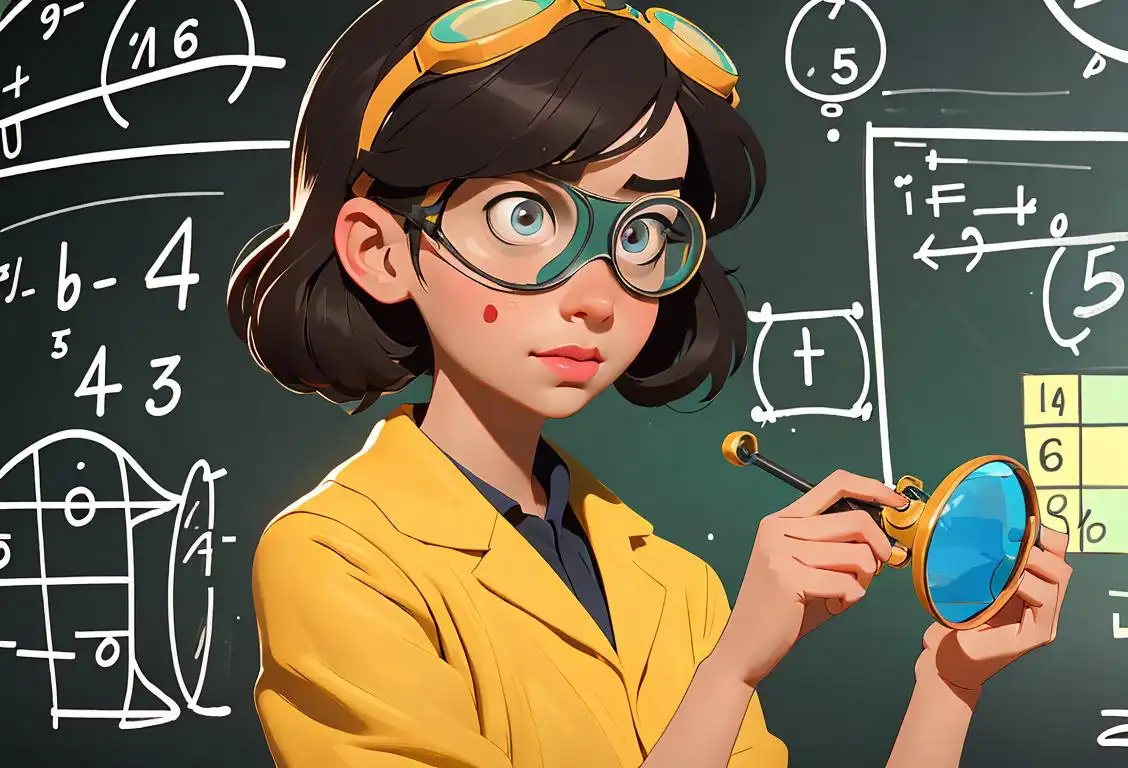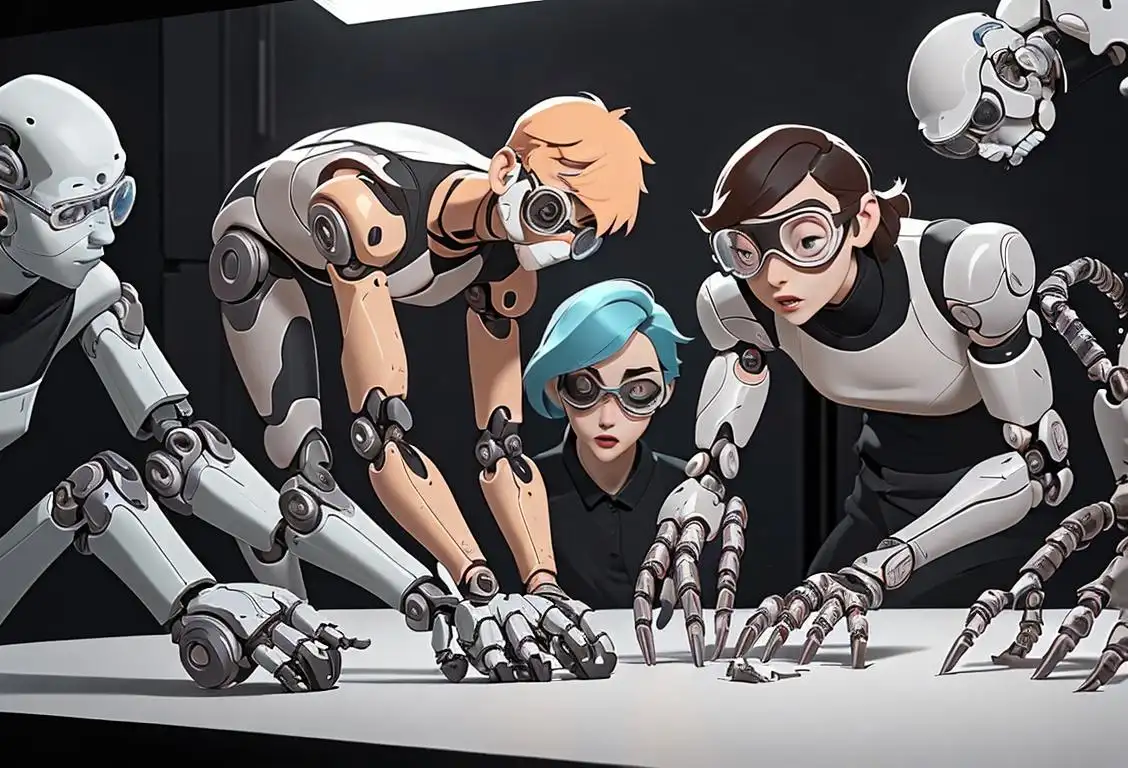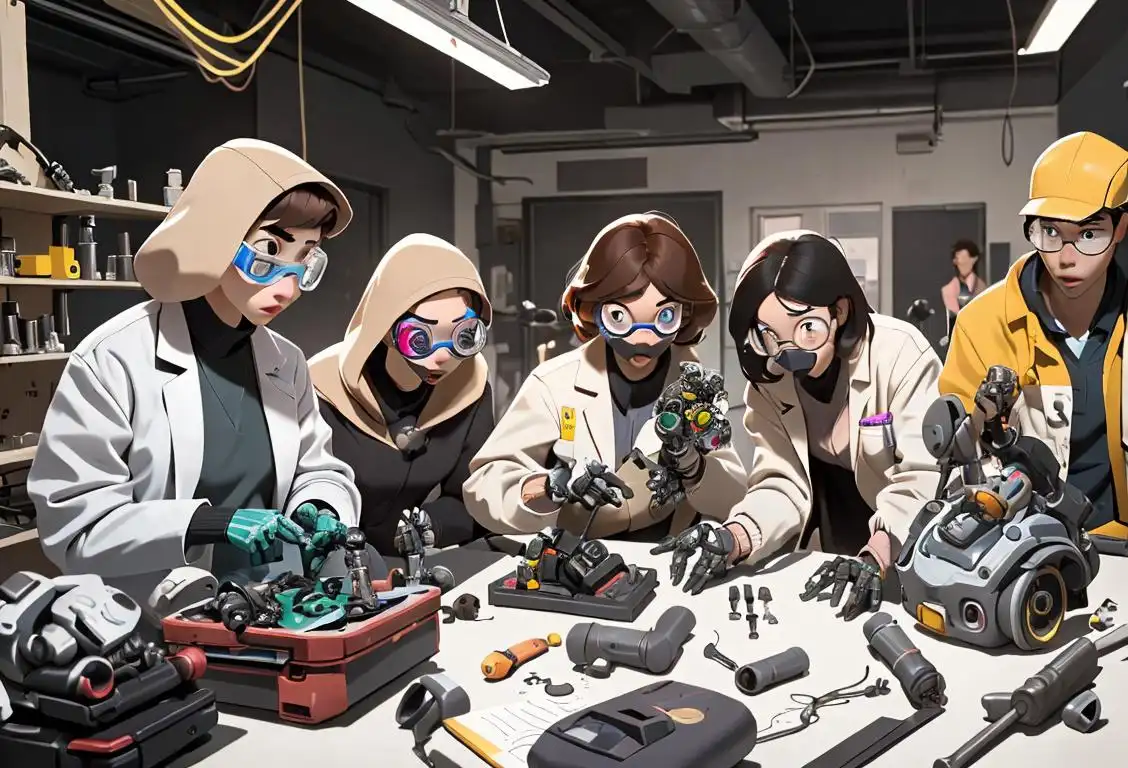National Learn To Code Day
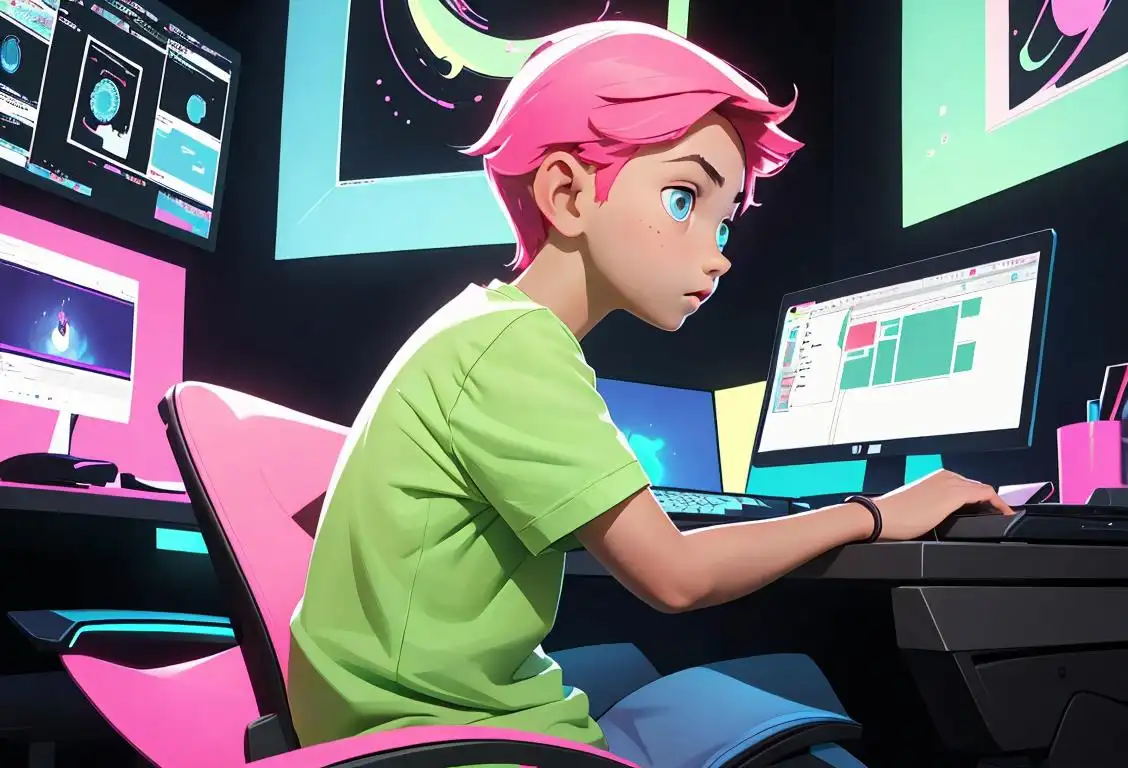
Hey there, coding enthusiasts and curious minds! Get ready to fire up your keyboards and put on your thinking caps because it's National Learn to Code Day! This day is all about embracing the wonderful world of coding and delving into the mysteries of programming languages. So, let's dive into the binary sea of ones and zeros and uncover the fascinating history behind this tech-savvy celebration.
When is Learn To Code Day?
It's national learn to code day on the 24th September.
A Brief History of National Learn to Code Day
National Learn to Code Day started gaining traction on the internet in September 2016, with a whopping 1163 mentions detected online. This day has since become an annual event where individuals from all backgrounds and skill levels come together to learn the art of coding.
Whether you're a seasoned developer looking to expand your repertoire or a complete coding newbie eager to unlock new realms of digital wizardry, National Learn to Code Day offers a platform for everyone to explore and embrace the world of programming.
With the rapid advancement of technology and the increasing relevance of coding in various industries, this day serves as a reminder of the importance of digital literacy and the power of coding as a language that connects individuals and machines.
Coding for Beginners: Where to Start
If you're new to coding and not sure where to begin your journey, fear not! There are plenty of online resources and coding bootcamps specifically designed to introduce beginners to the world of programming.
Websites like Codecademy, FreeCodeCamp, and Coursera offer interactive lessons and tutorials that will guide you through the basics of coding languages such as HTML, CSS, and JavaScript. These platforms are designed to make learning fun and accessible, so you can go from zero to coding hero in no time.
Remember, learning to code is a gradual process, and the key is to stay curious and keep practicing. Don't be afraid to experiment, make mistakes, and ask for help from the amazing coding community that's always ready to lend a hand!
History behind the term 'Learn To Code'
1973
The Birth of Programming Languages
In 1973, the programming language C was created by Dennis Ritchie at Bell Labs. C quickly became popular among programmers due to its efficiency and flexible structure. This marked the beginning of the widespread use of programming languages as a means for instructing computers.
1993
The Internet Boom
With the rise of the internet in the 1990s, demand for web development skills surged. As businesses and individuals sought to establish an online presence, learning to code became a valuable asset. HTML, the language used for creating web pages, gained prominence during this period.
2003
Coding as a Skill for All
In 2003, the programming education initiative Scratch was launched by the MIT Media Lab. Aimed at children and beginners, Scratch provided an accessible platform for learning coding concepts through interactive visual programming. This led to a shift in perceptions, with coding becoming seen as a skill that could be learned by anyone.
2014
The Rise of Coding Bootcamps
As the demand for coding skills continued to grow, coding bootcamps emerged as intensive and immersive training programs. These bootcamps offered accelerated learning experiences, enabling individuals to quickly gain practical coding knowledge and enter the tech industry. The popularity of coding bootcamps brought coding education into the mainstream spotlight.
2017
Prominent Advocacy and Controversy
In 2017, the term 'learn to code' gained significant attention when it became a slogan associated with various initiatives promoting coding education. However, controversy arose when the phrase was used dismissively or mockingly towards journalists and individuals in other professions who were facing layoffs. The term became a subject of debate regarding the value and accessibility of coding education.
Present
Coding as a Crucial Skill
Today, 'learn to code' has become a widely recognized phrase emphasizing the importance of coding skills in an increasingly digital world. With the proliferation of technology and automation, coding is regarded as a crucial skill for problem-solving and innovation across industries. Numerous online resources, coding bootcamps, and educational initiatives continue to promote coding education and empower individuals to harness the power of programming.
Did you know?
Did you know that the first computer programmer in history was a woman named Ada Lovelace? In the mid-1800s, Ada Lovelace wrote a series of instructions for Charles Babbage's Analytical Engine, which is considered to be the first computer program ever created. Talk about breaking gender stereotypes and paving the way for future programmers!Tagged
education technologyFirst identified
29th July 2015Most mentioned on
24th September 2016Total mentions
1163Other days
Lab Open House Day
Space Centre Day
Historic Trail Inspires Modern Day
Instruction Day
Programmers Day
Girls In Ict Day
Stem Day
Biomechanics Day
Learn To Code Day
First Robotics Day




